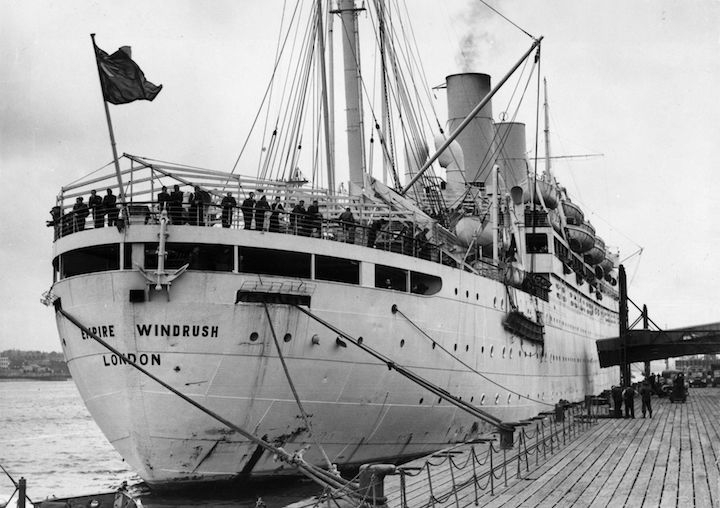How did the government manage to create such a terrible row over the Windrush generation? The Home Office has told many people who arrived here as children in the late 1940s and 1950s that they are in fact illegal immigrants because they cannot produce documents from 40 years ago about their residence here. That in itself might have been a terrible cock-up, but Number 10’s decision to then turn down a request from the representatives of 12 Caribbean countries for a meeting was totally bizarre particularly given those representatives are in London for the Commonwealth Heads of Government meeting this week.
Inevitably, since the row about this broke, the government has decided it needs to wind back a little, announcing that Theresa May will meet those representatives after all. At the same time, Immigration Minister Caroline Nokes gave an interview saying there had been some ‘terrible mistakes’ in these cases. The Prime Minister’s spokesman said May was clear that ‘no-one with the right to be here will be made to leave’.
This has been an extraordinarily stupid row created by the government itself at an extraordinarily delicate time. What worse message to send to the leaders gathering for CHOGM than to suggest that Britain’s relationship with the Commonwealth is so cold that Number 10 won’t even grant a formal diplomatic request for a meeting? It also rather undermines the case that those such as Boris Johnson and Michael Gove have been making for an optimistic, outward-looking Brexit if the Home Office doesn’t even seem to be in control of the parts of immigration policy that it has always been able to make decisions on without the EU.
The Windrush generation were often shocked when they arrived in the country they saw as ‘Mother Britain’ to discover that their Mother wasn’t quite as welcoming as they had been led to believe. Contemporary literature such as Sam Selvon’s ‘The Lonely Londoners’ describes new arrivals watching with wonder as they realise that they can see their breath leave their mouths on the cold air, then growing dispirited as they realise that their new home is rather cold and unfriendly, too. But this generation shaped many of the towns and cities they moved to, and regard themselves as British. The government has managed to send a message to them that suggests they are still as unwelcome as they were in those early days when Britain feared a ‘magpie society’ (Winston Churchill’s words).
The suspicion is that this is part of Theresa May’s ‘hostile environment’ policy on immigration, which she created while in the Home Office – though at the same time she was trying to court the BME vote with stop-and-search reform. It’s conceivable that this mistake was just a mistake, but what it rather less easy to understand is why Number 10 initially didn’t want a meeting with those concerned about the policy. At best it suggests carelessness about Britain’s relationship with other countries, and at worst it suggests a bunker mentality in Number 10 where the attitude towards mistakes is to pretend they haven’t happened. Either way, this has been an object lesson in how to create a row and to scare Britons unnecessarily.







Comments